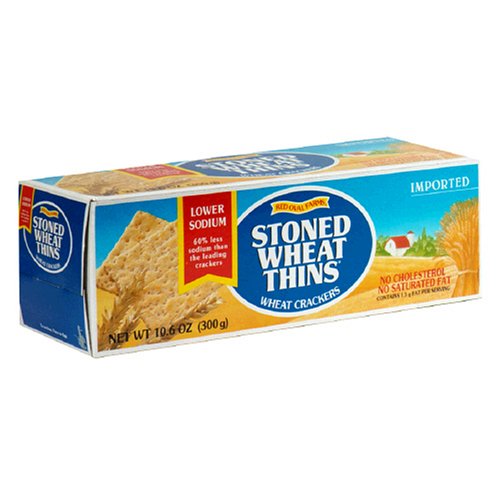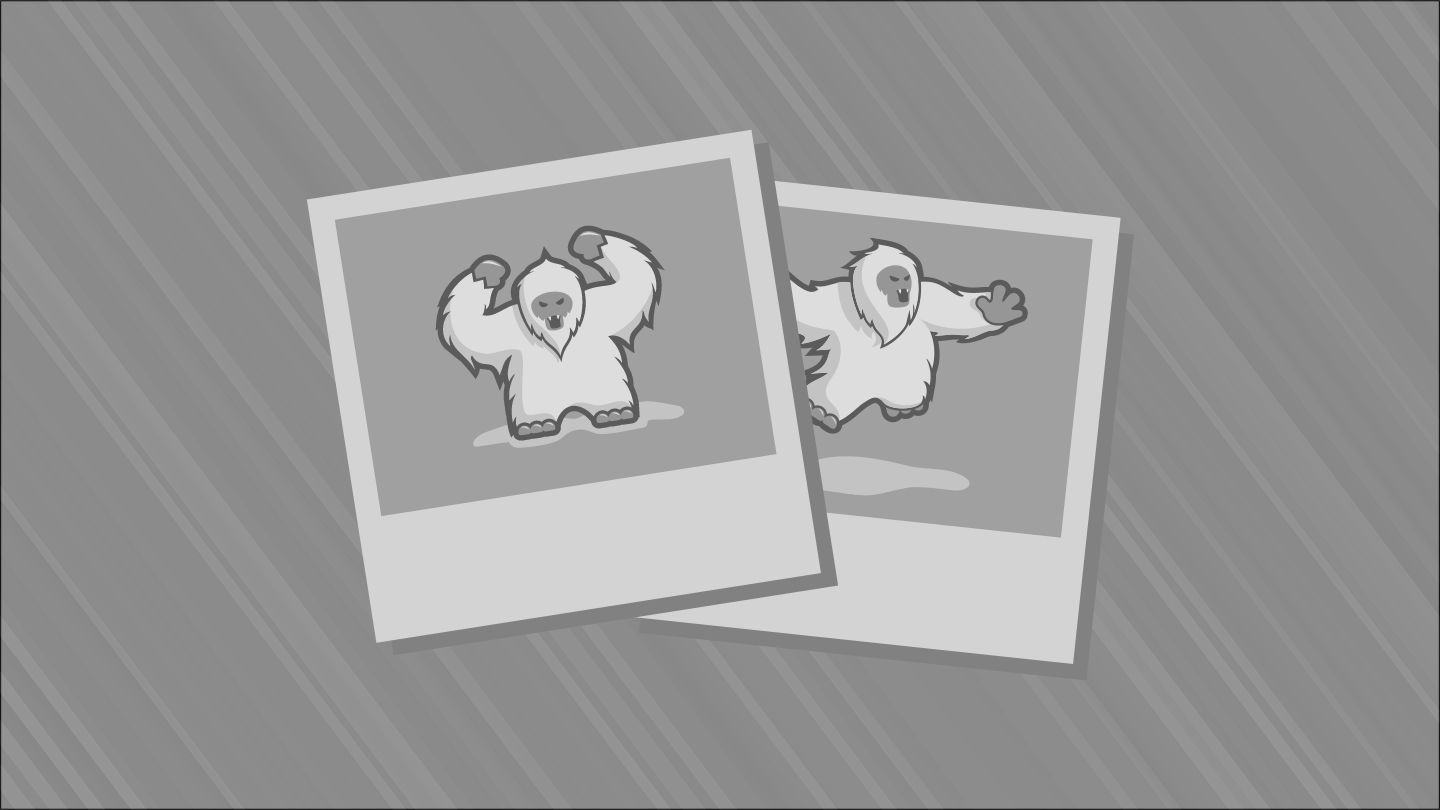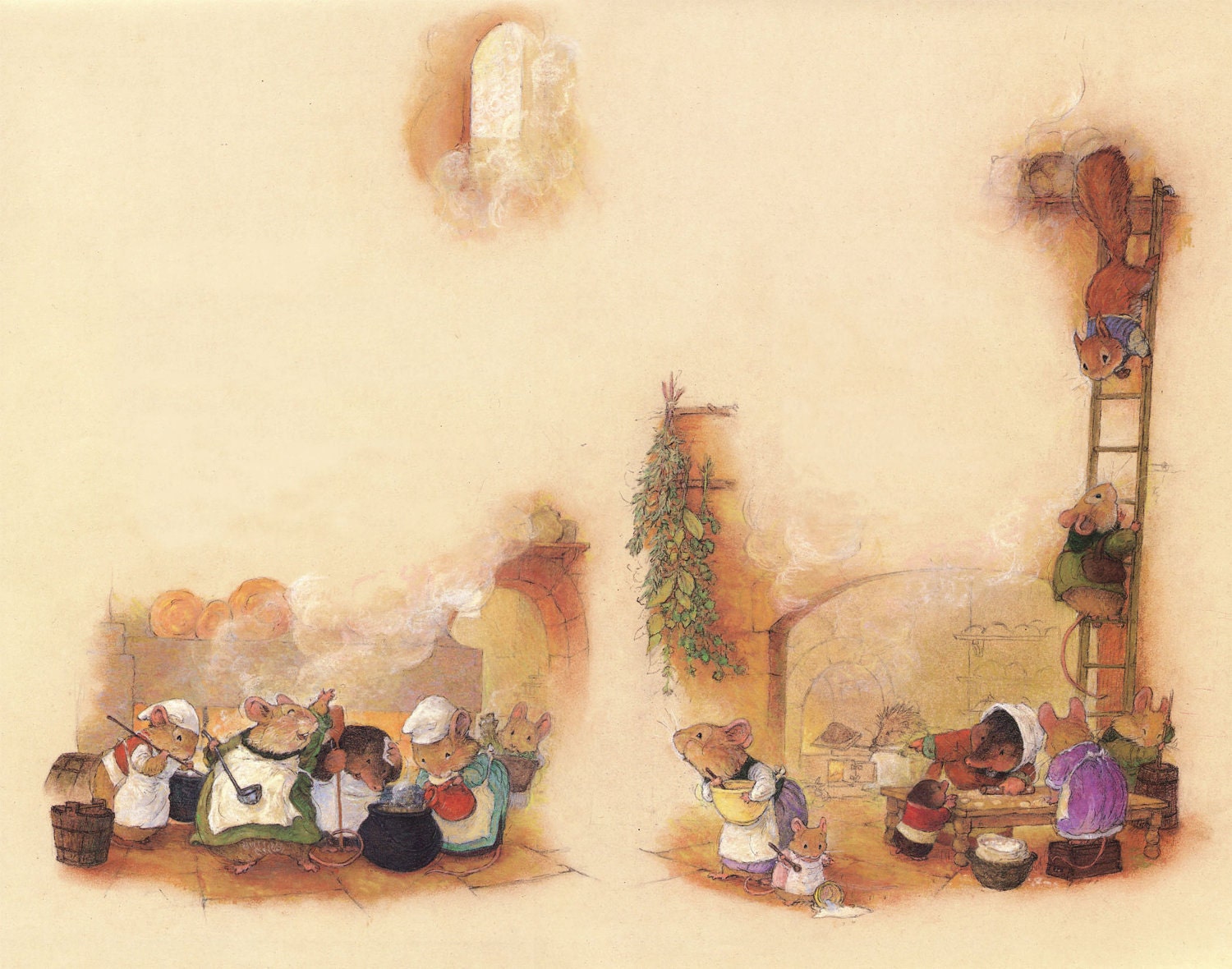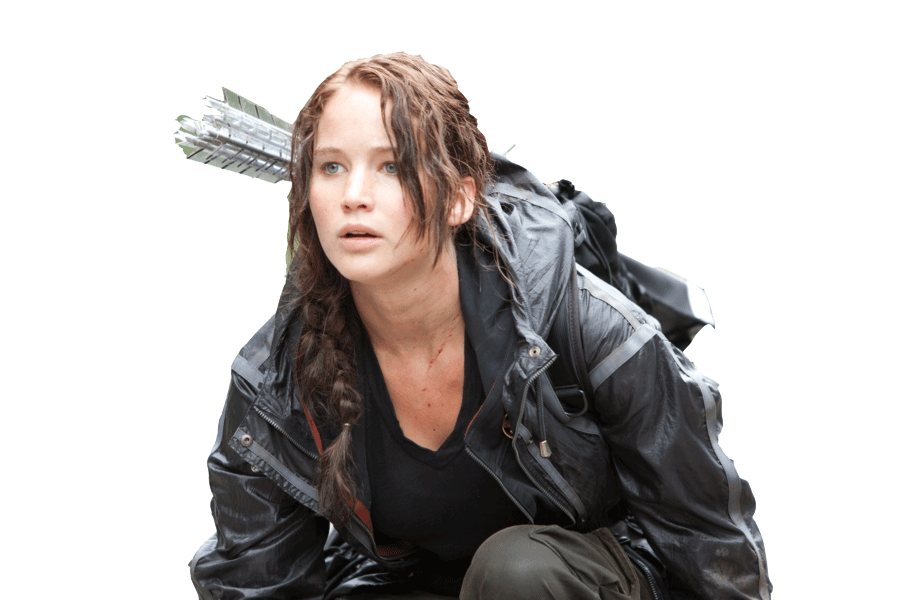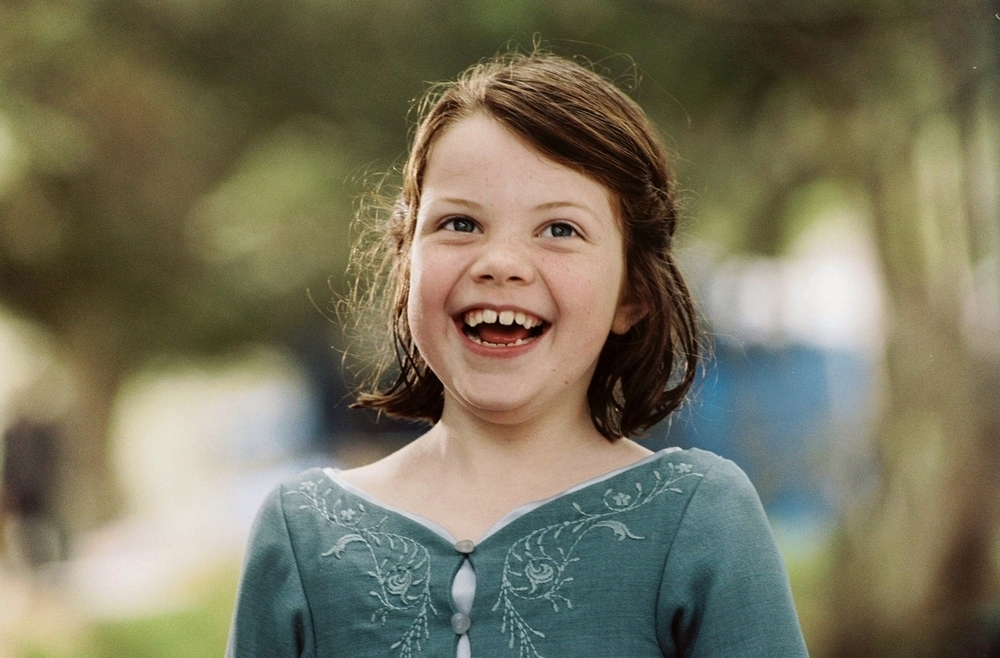This summer, my church group needed somewhere to host an activity one Friday night, and because I am an exceptionally generous person, I offered my house on the condition that I get to force everyone to watch a movie of my choosing. Because they were desperate, this worked, and that's how most of my friends came to watch the 1987 cult classic
Willow for the first time.
It's a campy fantasy movie, filled with well-known tropes, special effects that have not aged gracefully and Warwick Davis. One of the reasons I love this movie so much is because almost every scene and every creative decision is simultaneously "pretty good for reals guys" and "what is this and why am I laughing" horrible. There's nothing okay about
Willow. It is either wonderful or disastrous.
 |
| Begin the Ritual!!! |
One perfect example of this is how the movie ends. (SPOILERS!!!!) There's a clever little bit where Willow, who has always wanted to be a great sorcerer, uses a common carnival trick seen earlier in the film to confuse the evil Queen Bavmorda. Bavmorda, who is an actual sorcerer, has no knowledge of side-show magic, so assumes the trick is real. As a result, Willow is finally able to get the upper hand in the battle and defeat her.
Wait... sorry, scratch that last sentence. That would have been a good ending. No, what happens is that Bavmorda gets confused and then accidently summons dark spirits to banish her soul into the Dark Dark Evil Way nether region (or something?) Honestly, it's hard to tell. She slaps her ceremonial table and then get's struck by lighting. Valuable lesson, kids: don't forget where you're Satanic ritual offerings are, even in the middle of a battle sequence.
As my captive church group let out a collective "wuh?" I started to laugh hysterically. They were on board all the way through Willow's "Disappearing Pig Trick." But why the crap had Bavmorda just electrocuted herself? How did that happen? Was this seriously the end of the movie?
Yes it was! Because Willow is amazing and terrible. And it might just be the best example of the pitfalls of creating a villain that has to defeat herself. And yet, I've always found the ending oddly satisfying too. Some of that is for the wrong reasons (did I mention all the laughing?) but the joy we feel in seeing a villain cause their own demise is real. Don't we all secretly want a baddy to be hoist by his own petard? So why is it that Self-Defeating villains also strike us as inherently bad ideas from a story perspective?
Character Arc VS the Villain
Defining a villain can be a difficult thing. Is it the story's most evil character? Not necessarily. In Milton's
Paradise Lost, Satan fills the role of protagonist, making the villains anyone who sides with God. On a less grand scale, gangsters, pirates and thieves all might fill the role of protagonist in their stories, with law enforcement officers taking the role of villain on.
From a craft perspective, a villain is defined by their relationship to the hero. Villains stand between the hero and their ultimate goal, regardless of whether or not anyone involved is a "good" person. This is one of the reasons why your English teacher insisted you learn the words "protagonist" and "antagonist." They strip away some of the moral implications we associate with Heroes and Villains so that we can instead focus on their roles in the story.
With that in mind, here are some quick n' dirty definitions I like to work with for Heroes and Villains.
The HERO: The person the story is about. The person trying to get a "Thing." The story ends either when they a) get the Thing or b) can no longer get the Thing.
The VILLAIN: The person standing between the hero and the Thing.
The rest of the story then plays out as the Hero's quest to get the Thing. The Thing, of course, doesn't have to be a physical object. It might be love, or your father's respect, or a safe place to live or winning the sports tournament. And of course, sometimes the Hero isn't struggling so much against another person as they are their situation. I love RomComs, even if they don't tend to have villains. There, the struggle is usually more internal. Likewise, disaster stories tend to be about surviving a brutal environment rather than defeating a person.
So Villains are a specific kind of conflict but are, nevertheless, defined by their opposition to the Hero in the Hero's quest to get the Thing. Sauron is trying to stop Frodo from throwing the ring into Mount Doom. President Snow keeps threatening Katniss's friends and family. The closer Moana comes to restoring Te Fiti's heart, the more fireballs Te Ka throws at her.
And because a Villains' purpose in the story is to be a roadblock to the Hero, it's
sort of kind of maybe a tiny bit possibly a little important that the
HERO be the one who defeats them.
Maybe.
The conquering of the Villain is almost always the climax action of any story involving a prominent Villain. They are the final test; the great struggle that the Hero must overcome in order to earn the Thing that they want so badly. So if the Villains somehow defeat themselves and the final victory falls into the Hero's lap afterwards, you're left with an unfulfilled character arc.
This is what makes the ending to
Willow so weird. Willow has a moment where he does do something that advances his goal, but Bavmorda still manages to rob him of the victory by banishing her own soul.
The Self-Defeating Villain Writ Large
So we've established that it's incredibly important to have a Hero that defeats your Villain, at least if you're going for a conventional happy ending. Yet Willow isn't alone in featuring a Villain that successfully foils herself.
One of my other favorite examples comes from the movie adaptation of Ella Enchanted, which took a lot of liberties with the children's novel it was based on. The book is a more classic take on the Cinderella story, where Ella's main obstacles are her step-mother and step-sisters, though with the added twist that she was "blessed" as a child with the Gift of Obedience by a misguided fairy named Lucinda. As a result, Ella's conflicts are mostly internal, as she fights against magic for her own free will.
The movie adaptation clearly worried that this would be too heady for kids to understand (forgetting that it was already a wildly successful children's book, but whatever) and so shoe-horned in an Evil Uncle for Prince Char (Char. Charming. Get it?) who is bent on segregating all the world's magical races from each other. Because Evil.
The movie is goofy and dippy and doesn't try at all to match the tone of the books, but it still seemed extra odd when the final conflict involved the Evil Uncle poisoning a crown that was about to be placed on his nephew's head at his coronation. POISONING A CROWN I SAY.
Anyway, Ella arrives after breaking her curse, and exposes the Evil Uncle, who earlier tried to command Ella to kill Char. Except Char doesn't believe her because, as noted, she almost killed him on order of Evil Uncle. So there is every reason for Evil Uncle to get away with it all until this happens:
Char: But Ella, you tried to kill me! Now you want to turn me against my beloved uncle? Lies!
*Evil Uncle's pet snake attempts to bite Char*
Ella: OH MY GOSH HOW HAVE YOU NOT NOTICED THIS EVIL SNAKE BEFORE???
Char: On second thought... are you Evil, Uncle?
Uncle: Screw you all! You suck, nephew! You don't deserve to be king! I should be king!
*Evil Uncle places poisoned crown on his own head mid-rant*
Uncle: Oops.
And then the movie ends with a dance party.
 |
| But seriously. Char, your Uncle *might* be Evil. |
All of this is played for laughs and if I'm being honest, I had a good time with the whole thing. But it did reinforce how pointless the Evil Uncle subplot was. Ella's essential conflict - getting over her curse - was not tied to the Evil Uncle, so defeating him wasn't part of her character arc. This disconnect both speaks to why he was a weak Villain, but also why the movie got away with it. It's such a silly film, that they might as well lean into how unimportant the Villain is and have him defeat himself. Honestly, that moment is the best use of his character the entire movie.
Ella Enchanted highlights the two instances where Self-Defeating Villains can work, or at the very least sheds light on why they get used despite the way they inherently weaken the Hero's arc.
1) The Comedic Death
 |
| Self-defeat! Now with more lampshade hanging! |
There is nowhere a Self-Defeating Villain is more welcome than a comedy. Here, the Hero's personal journey can take a hit in the name of humor. Self-Defeating Villains are inherently funny because they tap into our sense of Schadenfreude. People love seeing the wicked get their just desserts. This is one of the reasons I laugh during Bavmorda's death even though I'm not *supposed* to. The fact that she just stumbled into soul banishment is kind of hilarious.
After the shenanigans of the rest of
Ella Enchanted, there really was no more fitting end for Evil Uncle. Additional examples include:
- In The Emporer's New Groove, Yzma drops Kronk down a trap door for betraying her. Much later in the final battle, he pops out of another hidden door and squishes her right as she's beaten Kuzco.
- In the second Scott Pilgrim book, Scott is getting pummeled by Ramona's second Evil Ex-Boyfriend, Vincent Lee. Scott asks Vincent how fast he can skateboard and Vincent demonstrates by grinding down a very long stairwell. He goes so fast he explodes from friction.
- In The Incredibles, Syndrome is in the middle of ranting at the Parr family that he WILL return... when his cape gets sucked into a jet engine. #NoCapes
- I swear I'm not obsessed, guys, but there's an amazing episode of Survivor: San Juan Del Sur where a doofy, arrogant guy becomes convinced one of the nice, quiet girls on his tribe is secretly a mastermind. He throws an immunity challenge so that his tribe can vote her out and then gets voted out instead because of his erratic behavior. This is a prime example, but this arc generally happens at least once a season on Survivor.
I think this list helps show why it is that despite how it weakens a character arc, I still love this trope. In the right context, it can bring a lot of humor to a story.
2) Tonally, it would be Problematic for the Hero to Kill the Villain
The other reason Evil Uncle has to off himself in Ella Enchanted is because NEITHER of the film's Heroes are cut out for the job. Ella just doesn't care enough (as stated earlier, her character arc isn't about Char's Evil Uncle) and Char... well, this is a Disney movie, for Pete's sake! Do you honestly think Disney is going to let a sweet young prince murder his uncle?
Children's stories often face the messy task of finding themselves with Villains that need defeating, but the Hero is too pure to straight up kill the Villain. In fact, it's almost rarer that a Disney Villain meets their fate directly at the hands of the Hero than that fate intervenes in some way. To give an idea, here are a few of the numerous ways Disney Villains have defeated themselves/fallen victim to fate:
Climbing too high and then falling:
- Gaston
- The Wicked Witch/Evil Queen
- Judge Frollo
- Clayton (Tarzan even tries to save the guy by wrapping him in vines but he just HAS to keep swinging that machete)
- Captain Hook
- Percival McLeach
- Lucifer the Cat
- Ratigan
- Charles Muntz
Colliding with oncoming traffic:
- Cruella DeVille
- Bill Sykes
Eaten alive by other nefarious forces:
- Hopper
- Scar
- Captain Hook (again)
Someone more equipped to deal with the problem arrives:
- Prince John, Sherrif of Nottingham et al
Strapped to the front of a garbage truck by passers-by:
In fairness, some of these Villains were partially defeated by the Hero. In fact, the ideal Disney formula seems to be that the Hero gets the Villain within range of defeat, and then let's fate do the rest. Simba tosses Scar into the mouths of the Hyenas. Peter Pan tricks Hook into falling off the mast and into the crocodile's jaws. But I have to admit, I have some serious respect for Mulan when she blows up Shan Yu as well as when Eric rams a boat into Ursula. Not a lot of Disney good-guys get their hands that dirty.
But the best defeat of a Disney Villain is, in my opinion, also the ultimate Self-Defeating Villain. And because this is a Trope Showdown, I guess you could say that this is winning TWO CONTESTS AT ONCE!!! Wowie-zowie!
It involves a Villain defeating himself BECAUSE the Hero has learned a valuable lesson, grown as a character and uses that knowledge to trick the Villain into doing the very thing HE was guilty of earlier in the film.
Aladdin VS Jafar: When Self-Defeat is the Right Move:
Thematically, Aladdin is the story of a boy trying to escape his own identity. You can't blame him for it. He's a street rat that no one respects, barred from being with the girl he loves because he isn't "good enough."
Then he meets the Genie and has an instant ticket to Princedom! But deep down, Aladdin knows he's living a lie. Even when Jafar is exposed and Jasmine promised to him as his bride, he's terrified of what will happen when he becomes the Sultan. He denies Genie his freedom, because he doesn't know how to live the lie alone.
Meanwhile, Jafar is outwardly doing the same thing - trying to escape his station. Once he gets ahold of the lamp, his thirst for power goes wild. Its not enough to be the Grand Vizier, he must be Sultan! But it's not enough to be Sultan, he must be an all powerful sorcerer!
Aladdin recognizes that his own inability to embrace his real identity led to this. If he'd freed the Genie like they'd planned, Jafar would have only found an empty lamp. Instead, he must fight Jafar as nothing but his regular street rat self.
To say the least, he's outclassed. Jafar has victory on lock until Aladdin points out the very thing that made him screw up earlier - Jafar is nothing without the Genie. He's still second best. And so Jafar, weak to the same temptation Aladdin was, uses his final wish to become a Genie.
Phenomenal cosmic powers? Itty-bitty living space.
I love this sequence. I love how at first, Aladdin's only solution for fighting Jafar is to reclaim the lamp. He and his friends all run at the lamp over and over, knowing the Genie could end this conflict if they only controlled him. But it's not until Aladdin turns that impulse to crave the Genie's power against Jafar that he's able to defeat him.
It's a perfect circle for Aladdin's growth as a character, and yet still let's us enjoy that delicious irony when Jafar gets sucked into his own lamp. Aladdin's hands might not get all that dirty, but he also clearly directs his own destiny. And so, with all that said, Jafar, by virtue of his relationship with Aladdin, is the best Self-Defeating Villain!!!!
I'm sure he's thrilled. Congratulations.






